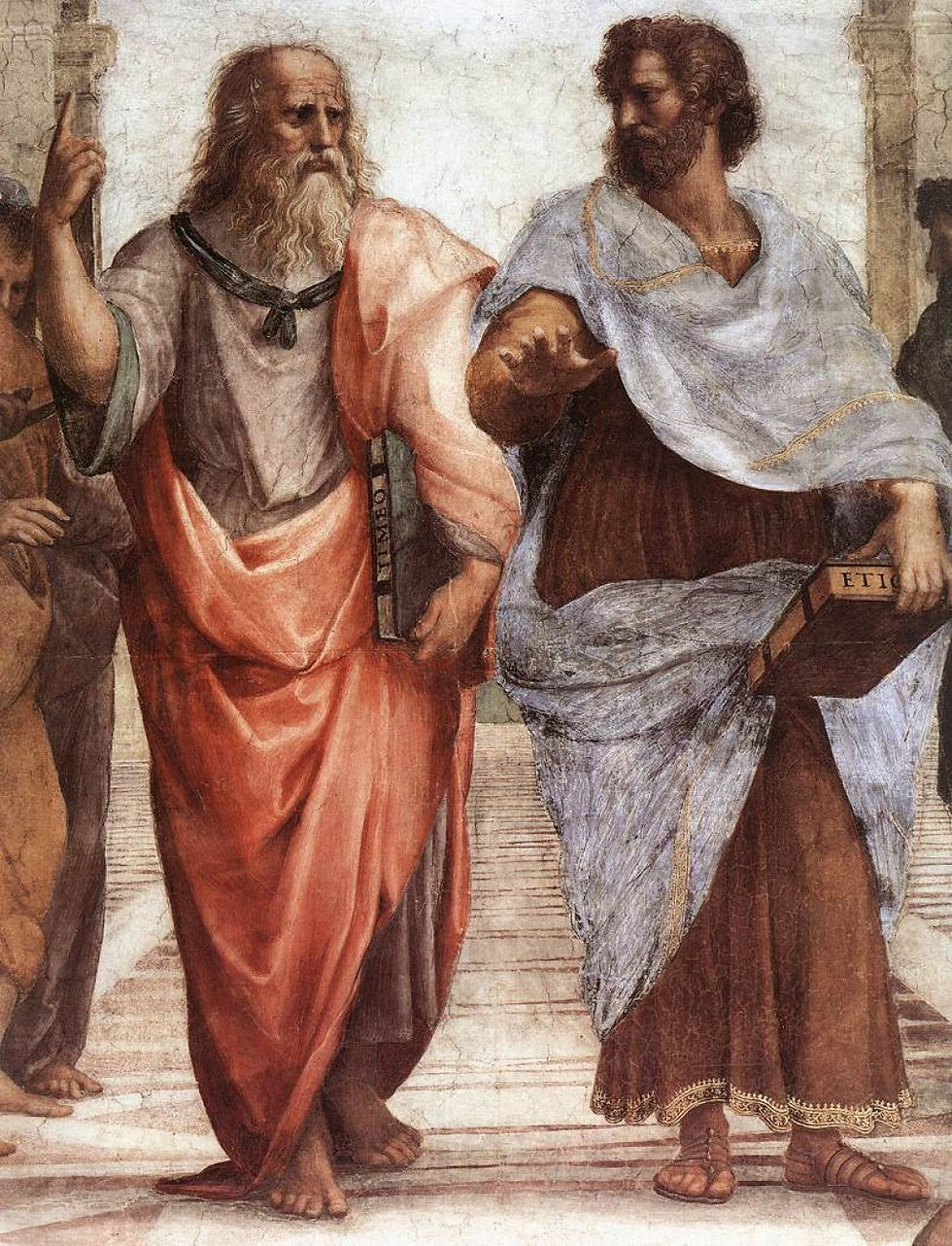The Arrogance of Ignorance: A lesson from Greek Philosophy
- Chirag Rathi

- Jun 2, 2020
- 3 min read

Whenever one gets into a philosophical discussion, one can hardly get by without referring Plato and Socrates. The mastermind behind our great civilization is based in Greek philosophy. Plato and Socrates are two figures in philosophy that can't go unnoticed even to a novice to this subject. Socrates is considered as the father of Western philosophy and Plato was the student of Socrates. Whatever we know about Socrates is through Plato. The former did not document his work but Plato extensively used Socrates in his writings and philosophical discourse.
Though Socrates is studied religiously philosophy, he was quite notorious in Ancient Greece. In 399 BC, Socrates was charged for being impious by a fellow Athenian, Meletos, and was brought to trial (where he was sentenced to death). We know this through Plato's writings in his dialogue, the Apology. Socrates was not an idle thinker who conjured up theories in his head. He actually walked around the city of Athens and talked to people. He approached people who claimed to be an expert in a particular subject and questioned them relentlessly. The questions were not senseless like those of a first grader. Socrates heard them, understood them but found loopholes in their explanations and targeted those loopholes (like a genuine critic). When the experts ran out of explanations he reached the conclusion that the so-called experts were not really what they claimed.
Soon those "experts" were fed up of Socrates' questioning and charged him for being impious. The claim was that Socrates was corrupting the minds of the youth of Athens through his questions. Just on a side note, there was also a theory in Athens that Socrates was a sophist. In Ancient Greece, sophists were a group of men who used their specialized knowledge of rhetoric, logic, critical thinking and mathematics to teach the sons of rich families for a fee. They also had a reputation in legal matters for twisting words and winning implausible cases. Of course Socrates was none of that. He was merely curious and wanted to know about various subjects from people who claimed to know about it.
While waiting for his trial to begin, Socrates was still confused as to the charges brought against him. He wanted to know what piety is and what distinguishes a pious and an impious person. In the courthouse he luckily met and acquaintance, Euthyphro (who was a sophist). Euthyphro was also there for a different hearing. He had brought up charges against his father in a murder crime. Now this was really interesting to Socrates and since Euthyphro claimed to be an expert in various subjects, Socrates went on to question him about piety. For instance, when Socrates asked him about piety, he first said that piety was what he was doing (putting the guilty, no matter who it was, to trial). But Socrates immediately saw the problem in Euthyphro's argument and said that he was providing an example of piety and not its objective definition. After subsequent exchanges between them, Socrates broke him down too. He was able to present counterarguments and find loopholes in his definitions of piety. Since Euthyphro could not accept his defeat, he slipped away saying that he had an urgent business to attend. Socrates was left unfulfilled by the sophist's explanation.
Though this is quite a hilarious and engaging dialogue, it has a lesson buried in it. Whenever we read an article, book or a popular social media post (which is even worse!) about some issue we form strong opinions and definitions not realizing that our sheer ignorance is overpowering us. When ignorance overpowers us, it gives us the illusion of knowledge which is quite dangerous. It makes a person arrogant and one's views become that of an extremist. One thinks in absolute terms and never realizes that there are blind spots in one's understanding.
The only solution is to find a Socrates in your life. Whenever you feel that you know a lot about any subject, discuss it with a person who is completely ignorant about it (or doesn't share your view). Let them present their opinions and think about the way those opinions refine your understanding and point out the loopholes in your thinking. Experts are not born in solitude. Only by discussing topics with other people, one can commence their journey of becoming an expert. Just remember this mantra: Whenever you feel like Euthyphro, find a Socrates.
Please share this article as much as you can. Thanks for reading!

Well done. A person who is very intelligent or knowledgeable can fall into the traps of their own intellect. Having critically analyzed and found faults in many other positions put forward by other people, they unconsciously become arrogant about their ability to reason. They then mistakenly think that they have sufficiently put mental effort into their own position, overlooking logical fallacies and facts that disprove it. We are after all creatures of emotion, driven satisfaction and dissatisfaction. A good scholar, then, is a person who has mastered both the head and the heart.